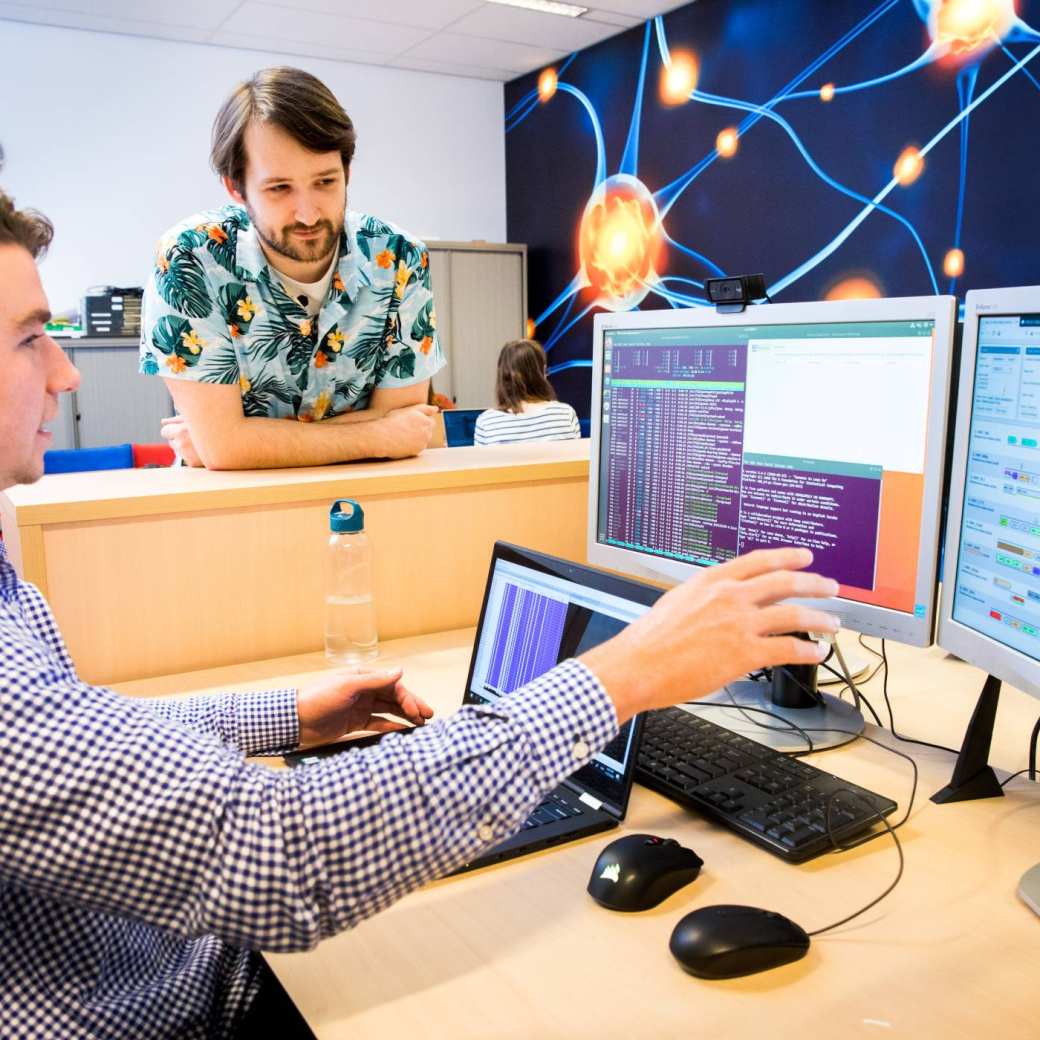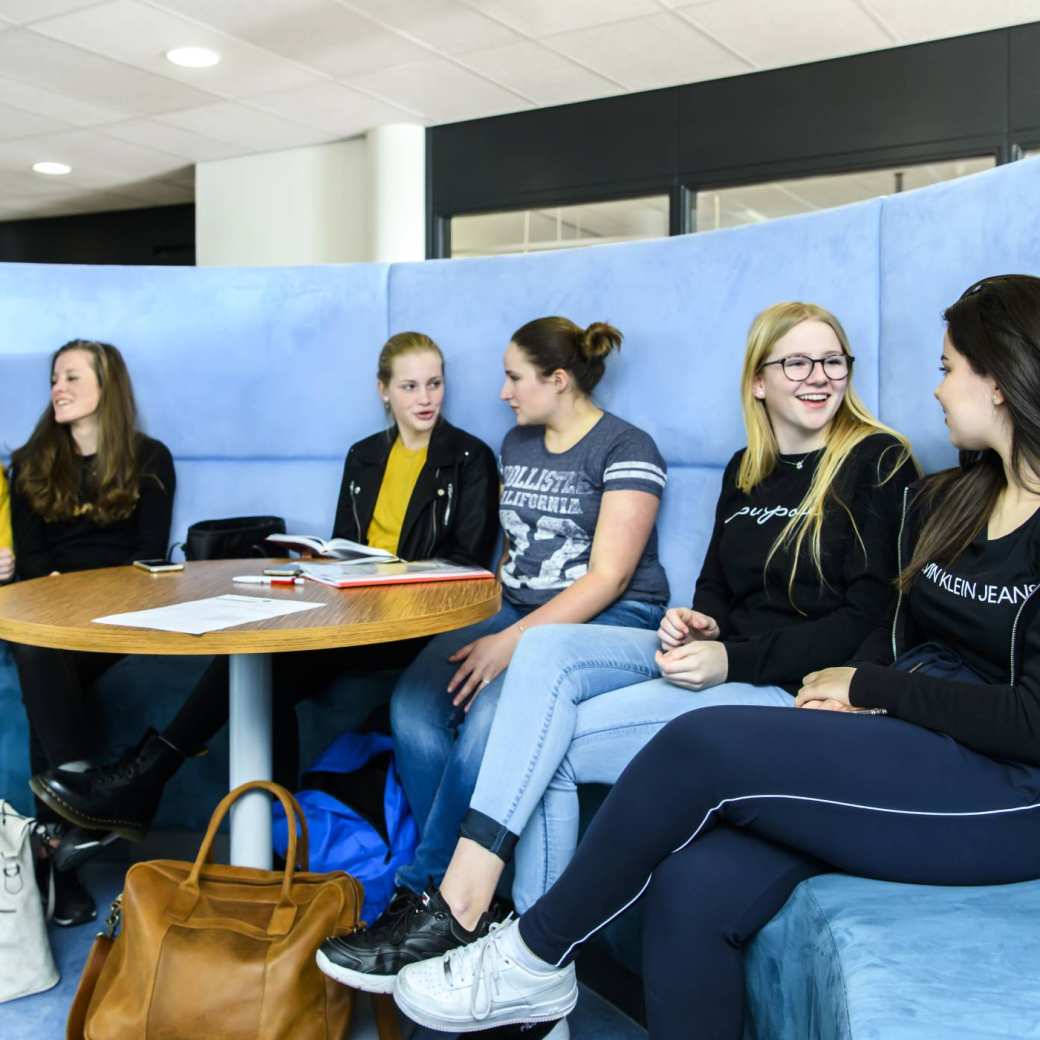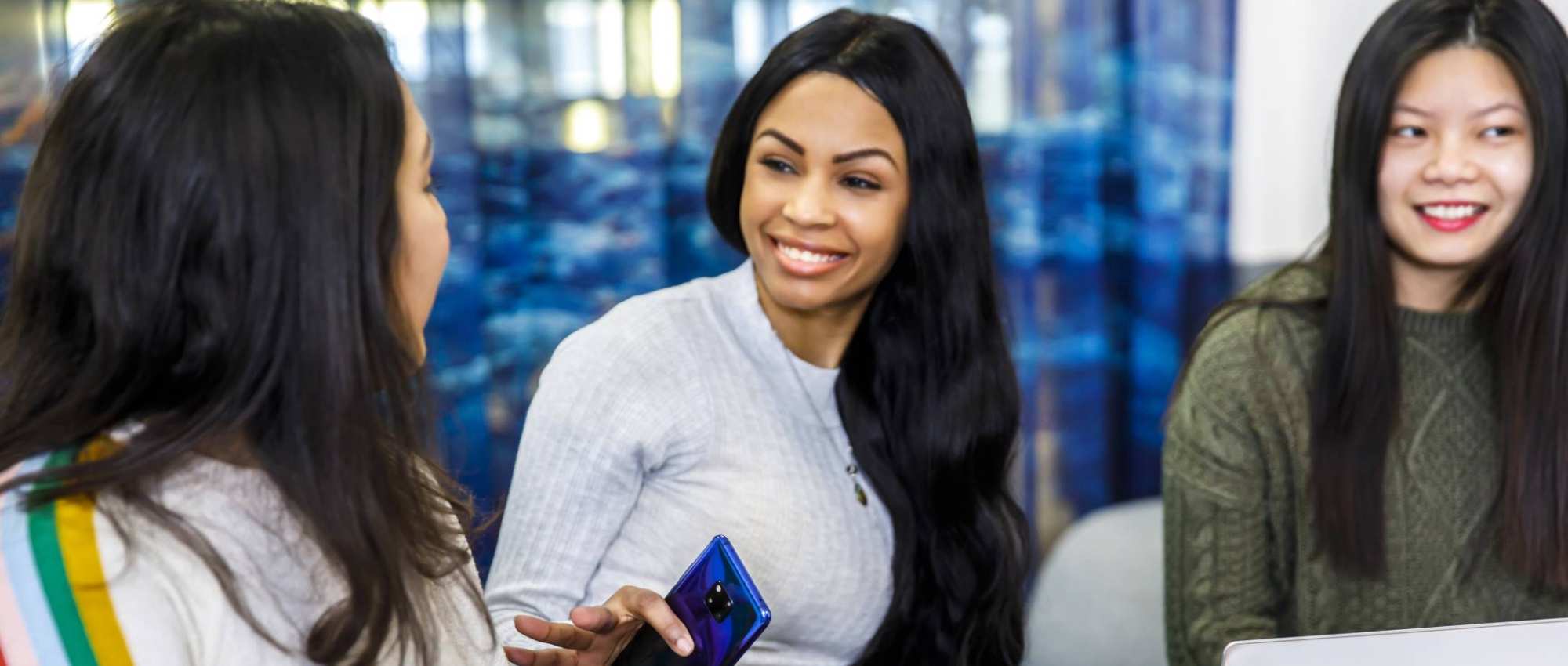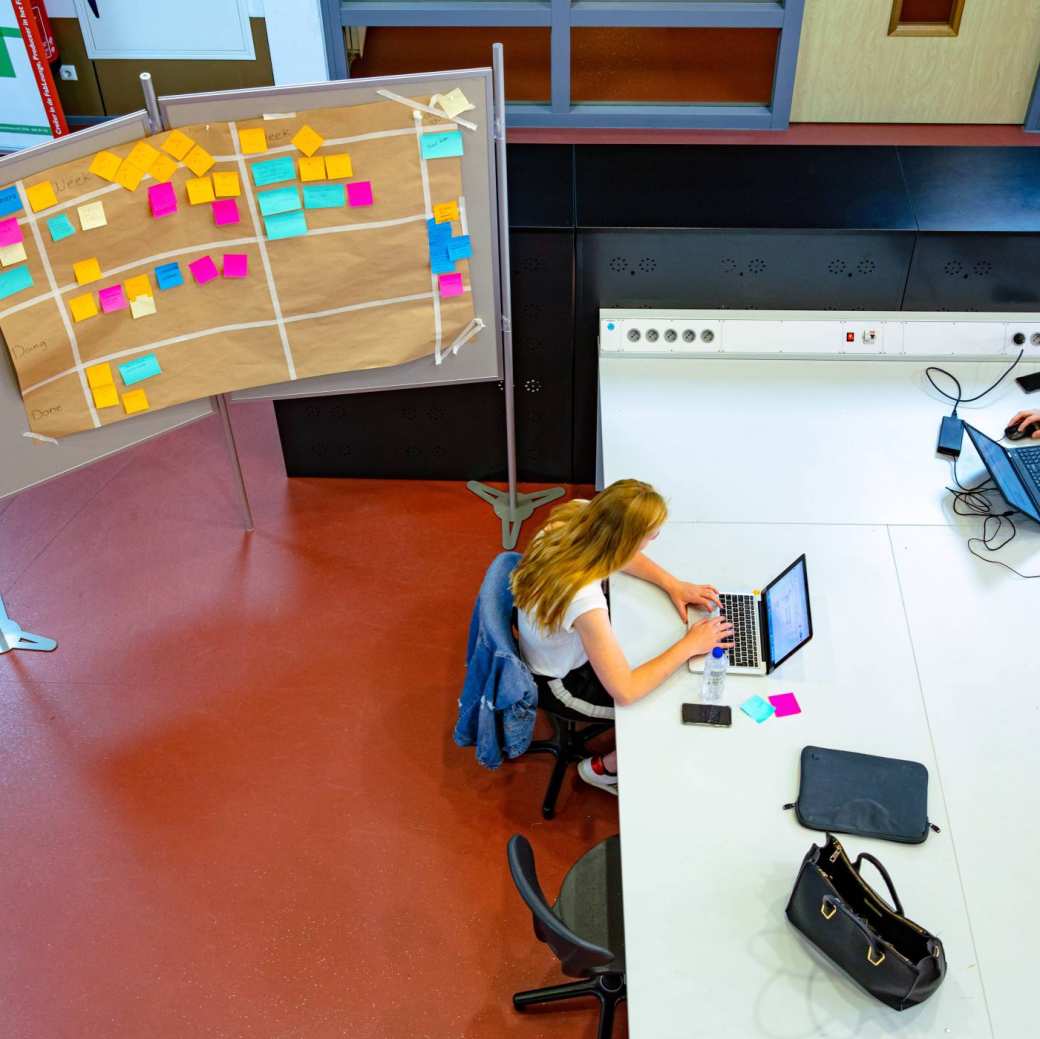Bio-Based Innovations
Finish the Bio-Based Innovations exchange program at HAN and create a circular economy. Learn how to properly research your ideas. Tips and tricks of working in a multidisciplinary team. How to produce and market your bio-friendly product. And more!

The program in a nutshell
Classes take place Monday to Friday. You gain basic knowledge of various disciplines. Learn how to contribute to biobased innovations. Gain knowledge about biorefinery and fermentation technology. Learn how to design and make biocomposites. Use biomaterials in conventional and AM production technologies. Calculate environmental impact using an LCA.
You apply your knowledge in a multidisciplinary project. Help develop a concrete material or chemical. Create a design. Develop a product or (part of) a biorefinery process. Together with your classmates. Guided by researchers and industry pros.

Program details
Learning outcomes
By the end of Bio-Based Innovations you can:
- look beyond your own study program and cooperate with other disciplines.
- understand the various aspects of bio-based innovations.
- design and create biocomposites.
- use biomaterials in conventional and AM production technologies.
- calculate the environmental impact using an LCA.

Competences
You strengthen these competence areas during the program:
- Design and experimentation
- Analysis and quality control
- Administration
- Reporting and presentation
- Project-based work / project management
- Collaboration
- Professional development

Dutch way of learning
The atmosphere in a Dutch classroom is quite informal and your lecturers are easy to talk to. In fact, at HAN you’re seen as a partner in the learning process. Class sizes are small and your lecturers encourage you to actively participate in class. To ask questions and give your own opinion. They also stimulate you to be creative and to discover things for yourself.

HAN International Intro
Get a good start to your studies during this week of orientation:
- learn about living in the Netherlands
- become familiar with the campus
- get on board with your exchange program
- make new friends!

What about credits and grading?
At HAN we use the European Credit Transfer and Accumulation System, or ECTS. It’s the standard credit system used in higher education across Europe. How does it work? One credit = 28 hours of study. Think of contact hours. Time spent working on assignments. Preparing for exams.
One semester = 30 credits = 840 hours of study. To earn credits, you need to pass your exams. What counts as a pass? A grade of at least 5.5.

Admission
What are the admission requirements? And how do I apply?
